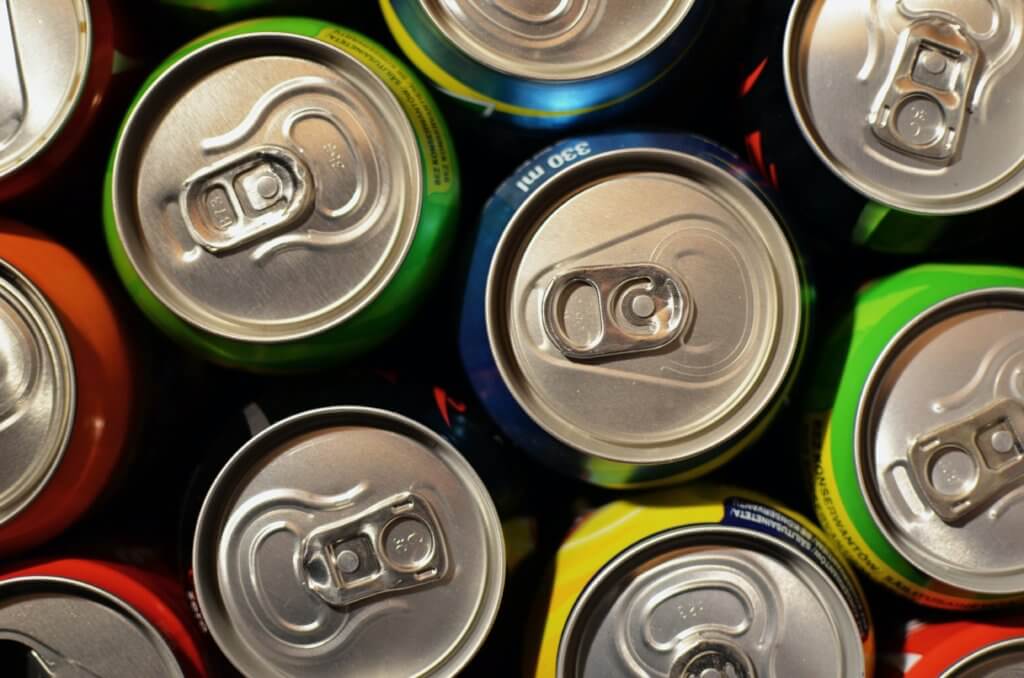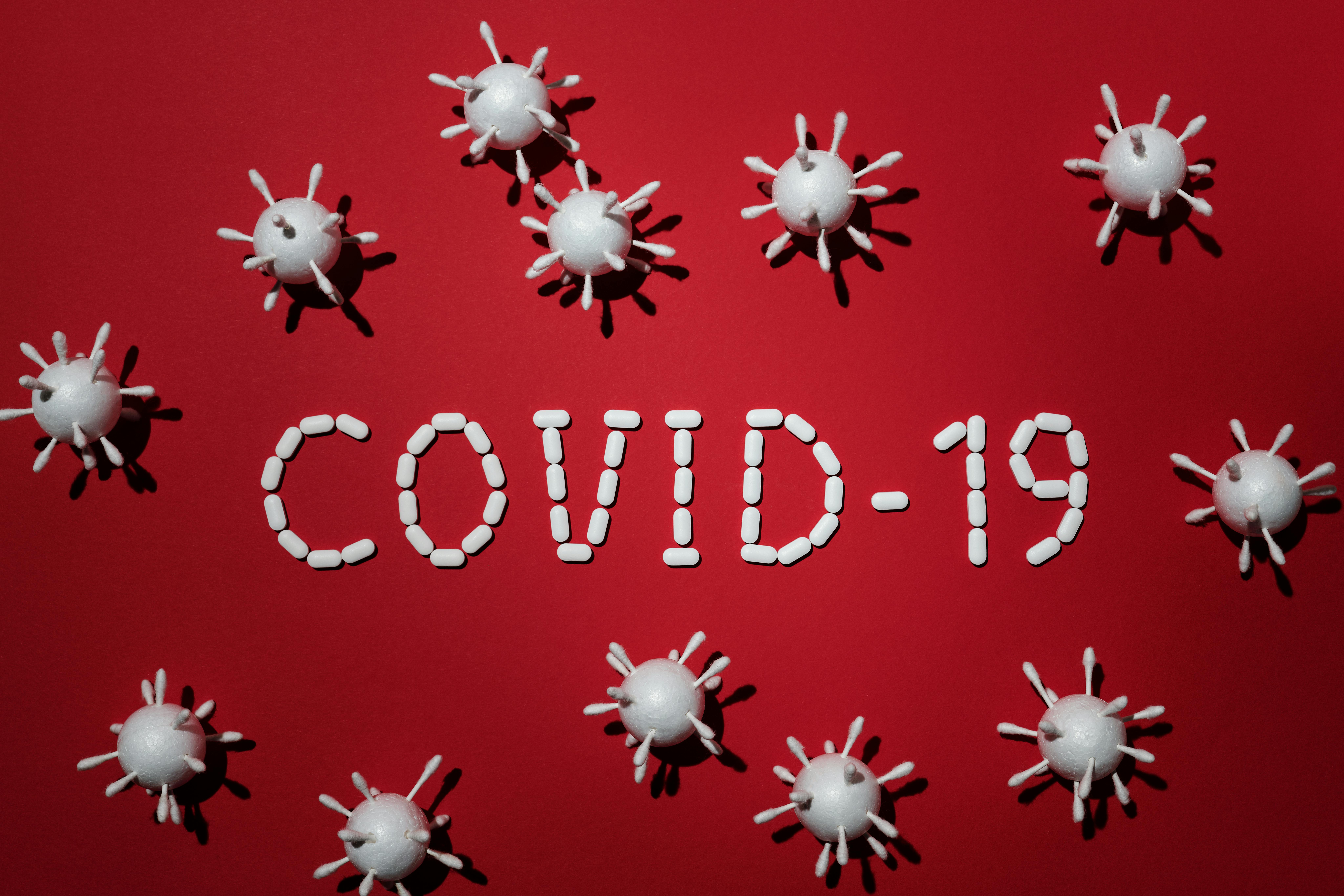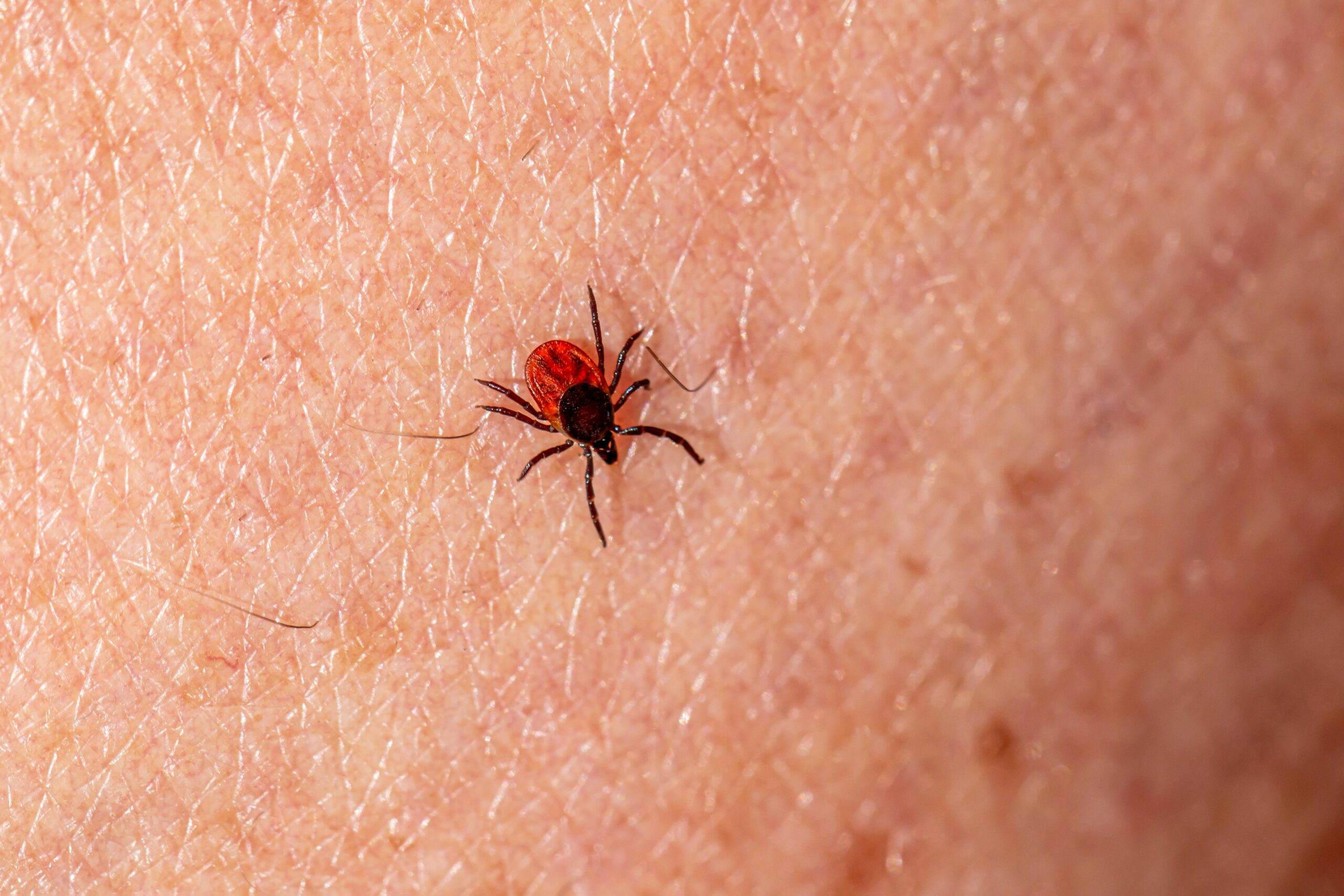Adults who consume two high-sugar sweetened drinks a day are more than twice as likely to develop colorectal cancer by the time they’re 50, according to new research. Each daily serving of eight fluid ounces or one small can increases the danger by 16 percent in childhood, rising to a third in the teenage years.
The beverages include soft drinks such as Coke or Pepsi, fruit-flavored drinks, and energy drinks like Red Bull. They could be fueling rising rates of early onset colorectal cancer, which was the second-leading cause of cancer deaths in the U.S. in 2020, behind lung cancer.
Study authors from the Washington University School of Medicine in St. Louis call for campaigns aimed at reducing consumption among adolescents and young adults. Doing so “may serve as a potential strategy to alleviate the growing burden” of colorectal cancer, they write.
Substituting them with artificially sweetened beverages, coffee or semi-skimmed or whole milk slashed the risk by 17 to 36 percent.
The findings are based on 95,464 female nurses in the US.. aged 25 to 42, who were tracked for up to 24 years. They reported what they ate and drank using validated food frequency questionnaires every four years, starting in 1991. And 41,272 also recalled what – and how much – they between the ages of 13 and 18.
During the study period, 109 participants were diagnosed with colorectal cancer before they reached 50. Sugary drinks were linked to significantly higher rates, compared to those who rarely touched the stuff.
This was after accounting for other factors including health, lifestyle and BMI (body mass index) as teenagers, use of aspirin, other NSAIDs (non-steroidal anti-inflammatory drugs) or vitamin supplements and family history of the disease.
The study, published in the journal Gut, is the first to associate them with a heightened risk of colorectal cancer in midlife.
Cases of early onset colorectal cancer have been climbing over the past two decades – but it’s not clear why. There are “biologically plausible explanations” for the results, say the international team.
Sugary drinks suppress feelings of satiety, which can lead to piling on the pounds. They also prompt a rapid rise in blood glucose and insulin secretion triggering inflammation, obesity and type 2 diabetes.
Emerging evidence also suggests glucose and high fructose corn syrup – found in most sugary drinks – boost intestinal tumors. Recent experiments found they weaken the gut barrier, providing an environment for them to thrive.
Corn syrup is a mix of glucose and fructose and is used to sweeten drinks. In the United Kingdom, cane sugar is more commonly used and has similar proportions of fructose and glucose.
In the U.S., young adults in their 20s and 30s face up to four times greater risk of colorectal cancer than those born around 1950. Sugary drinks are the leading source of added sugar in Americans’ diets, accounting for 39 percent. One in eight (12%) of the population drinks more than three servings (8 fl oz each) every day.
Heavy consumption is already known to increase the risk of obesity and type 2 diabetes.
“Considering the well-established, adverse health consequences and the highest consumption being characterized in adolescents and young adults under age 50 years, our findings reinforce the public health importance of limiting intake for better outcomes,” the authors write.
All the participants were women and most were white. The findings may not be applicable to men or other racial or ethnic groups, they point out.
Report by Mark Waghorn, South West News Service












